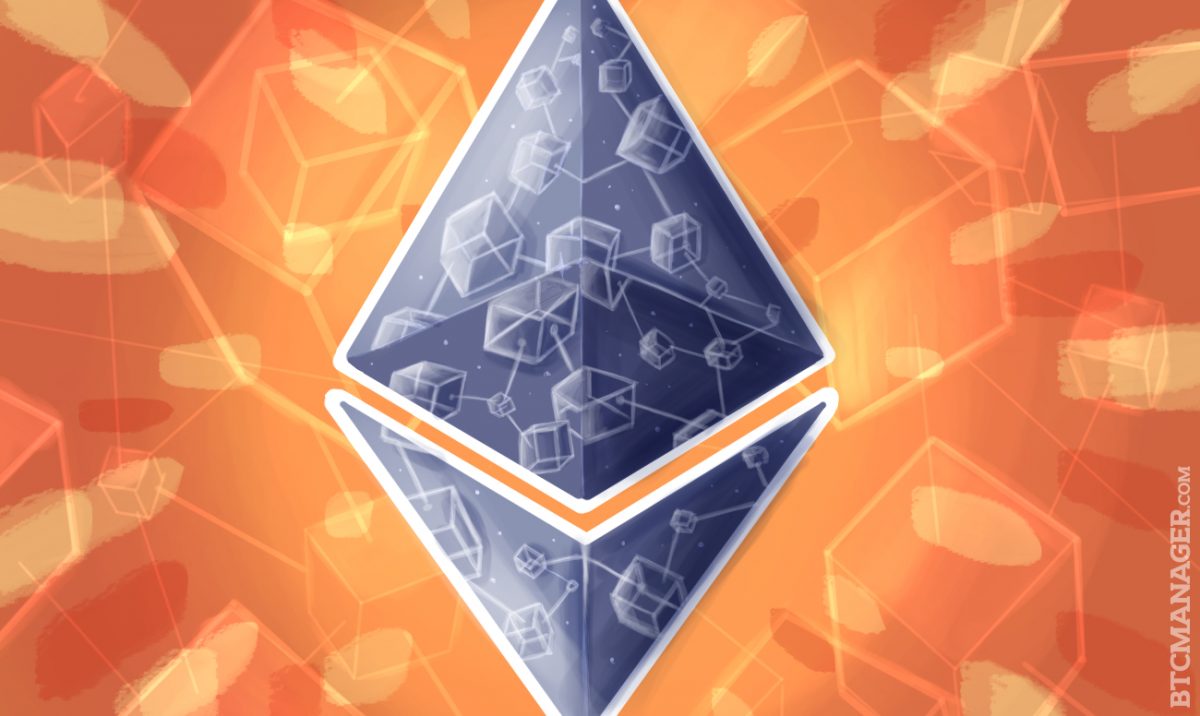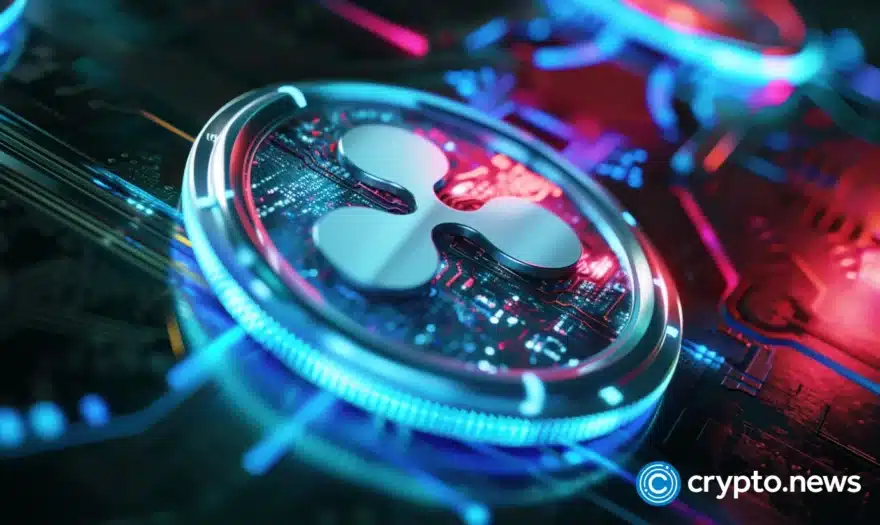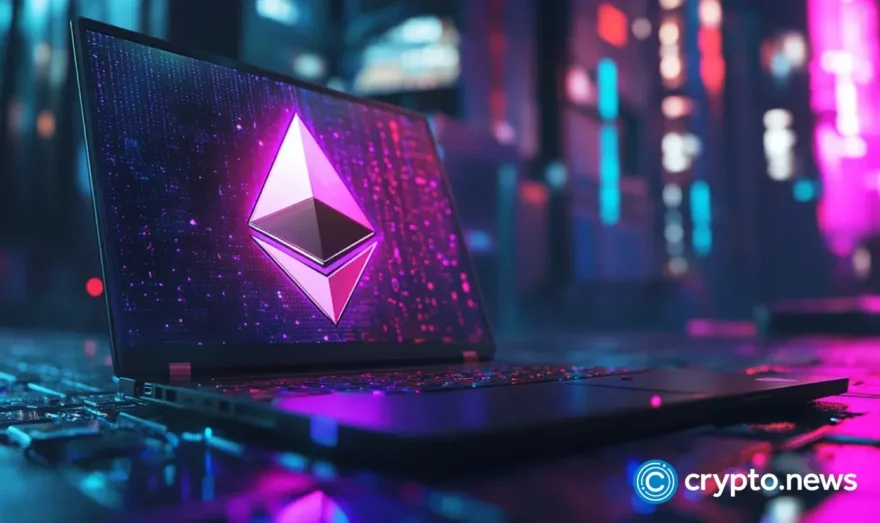South Africans Now Have a Cost-efficient Way of Accessing Ethereum

A South African exchange called Luno is now enabling users to buy Ethereum’s cryptocurrency, ether, at the lowest price in the market.
Unlike what many people may think, Luno is one of the oldest Bitcoin exchanges in the World. Formerly known as BitX, Luno was established in 2013 in the UK and maintains operations in over 40 countries. With time, Luno has built a reputation and is now well-known for being one of the most affordable Bitcoin exchanges in the world.
Luno recently made investing in cryptocurrency a whole lot cheaper in South Africa, thanks to its support for Ethereum. Before the company began its support for Ethereum, South Africans wanted to buy ether, or other altcoins, would need to go through a cumbersome process to have access to these cryptocurrencies. South Africans had to purchase bitcoin from Luno, send it to another cryptocurrency exchange like Bittrex or HitBTC, and then buy the cryptocurrency they were looking for. Apart from being a cumbersome process it also carried extra costs with transaction fees and usually would take a lot of time. By adding support for Ethereum, Luno has made it possible to buy ether instantly, and in the process enabled cheaper access to other currencies.
Ethereum has a number of advantages over Bitcoin as a transactional currency, including faster confirmation times and lower transaction fees. With this new addition to the exchange, Luno is now enabling Ethereum purchases to be available in the South African rand and investors in the country can spend less when buying other cryptocurrencies.
For now, South Africans can only purchase or sell Ethereum through the instant service, but exchange support is soon to be made available as well. Luno Stated:
“ETH buy or sell transactions on Luno are instant and guaranteed, they can’t be reversed or returned. If you have bought ETH, you can always sell it again – if you sold some, you can always buy it back later.”
By using Ethereum, South African buyers can typically spend the equivalent of around R3.00 ($0.21) as a transaction fee and wait a minute or two for the transaction to go through. This makes the process a lot quicker than ever before and even quicker and cheaper than bitcoin, which costs around R280 ($19.85) for a transaction and can take hours for a confirmation.
Ethereum is now the second largest cryptocurrency by market cap. Even though Ethereum is in the second place, the blockchain network has already started to overtake Bitcoin in some areas such as transaction processing; the network is now processing twice the transactions than Bitcoin on a daily basis. It has been settling more than 500,000 transactions per day on average. According to Luno, the average transaction fee on the Bitcoin and Ethereum blockchains on 12 November, 2017 were:
Bitcoin: $19.20
Ethereum: $0.21
It is important to mention that transaction fees are static and average fees can be unrepresentative of the actual fees paid using the appropriate wallets. This can work as a hindrance as the cost for low amount transactions would be far greater than the transaction itself. For instance, if you sent R5 ($0.35) worth of bitcoin to someone, you would have to pay R280 ($19.85) for the transaction fee. This made it unfeasible for South Africans to use bitcoin for such transactions and that’s why Ethereum is gaining ground.
Bitcoin fees greatly depend on numerous factors but mainly on the backlog of Bitcoin transactions, and currently, they are going through the roof. Right now it seems that technically Bitcoin is simply not a good fit for microtransactions processing and that is where Ethereum will pick up the pace.













